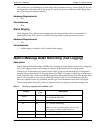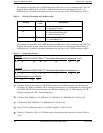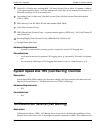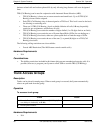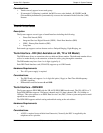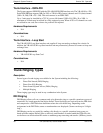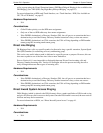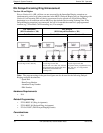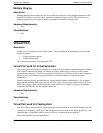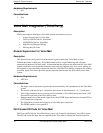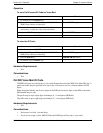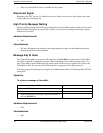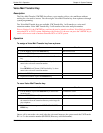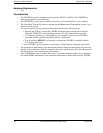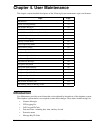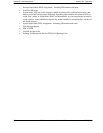
Section 700 - Operation Chapter 3. System Features
ICX-50-700 ICX (International) issued October 2000 71
Multiple Ringing
Description
Multiple Ringing allows trunk calls into the System to be directed to ring multiple extensions in the
System. This can be very useful when anyone in a group may answer a call. This can also be very
useful at night when only a selected number of people are available to handle calls.
Hardware Requirements
•N/A
Considerations
•N/A
Virtual Port
Description
Virtual ports are not physical ports in the System. They are phantom or simulated ports used in the
System to support:
• Virtual extension ringing
• Virtual floating hold
Up to 96 virtual ports may be assigned per CCU.
Virtual Port used for Virtual Extension
You can assign an actual extension number to a virtual port. You can then assign the extension number
as any actual extension (incoming call settings and types, Station Class of Service (COS), tenant
group, pickup group, etc.). You can also assign the virtual port to an FF key on one or more telephones
and set to ring. Any call directed to the virtual port extension number will ring the assigned
telephone(s).
Virtual extensions provide a mechanism for ringing multiple phones simultaneously. For instance, a
Direct Inward Dialling (DDI) entry can only be set to ring to one extension number. However, if the
DDI is set to ring a virtual extension and the virtual extension is assigned to ring keys on multiple
extensions, the DDI will ring the multiple extensions.
Hardware Requirements
•N/A
Considerations
•N/A
Virtual Port used for Floating Hold
You can assign a virtual port that is not assigned an extension number to be used for floating hold. The
virtual port is assigned to an FF key. Calls can then be placed on hold on the virtual port FF key. Any
extension that is assigned the same virtual port FF key can then pick up the held call.
This can be used like a system park feature.



